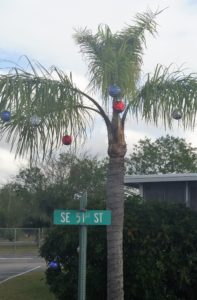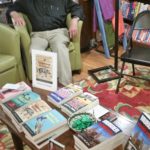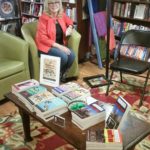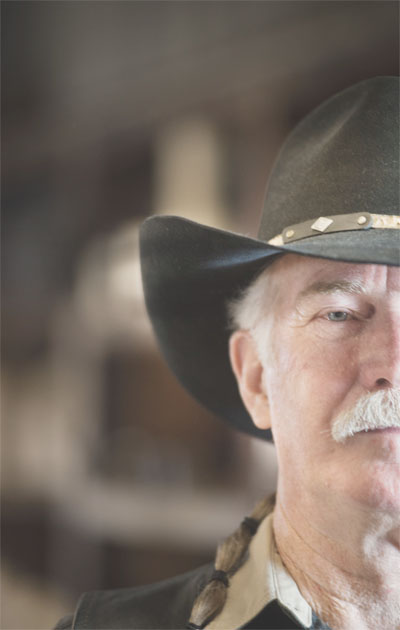I’m a writer, and I need some support. No, this isn’t a plea for help, but rather an attempt to express appreciation for the supportive members of some of the writers’ organizations I’ve enjoyed being a part of. I can’t think of any other organizations I could contact 24-7 as a writer in desperation and expect them to offer help—not anything nice anyway. And those I can think of who would even try to sound polite would require me to first give them my insurance information and fill out a health history form. Guppies and Sisters in Crime have been different. When writers have needed help, they were there, and no forms to fill out. That’s not something we should take lightly. We writers all need support from time to time.
I’ve also been impressed at the positive and supportive attitudes of many of the well-known writers I’ve enjoyed meeting and listening to at conferences I’ve attended, such as SleuthFest. I’ve appreciated the supportive camaraderie of other writers I’ve encountered at conferences, who like myself, are not big names in the industry.
Where is this coming from? I suppose there are many reasons. For one, I’ve worked in situations that were competitive, petty, and nasty, at times making the whole world seem that way. I suspect many of us have. I like competition, the other stuff—not at all. Lately, I’ve been reading some of the experiences other writers have had regarding critiques and reviews that sometimes turned out to be unpleasant, contradictory, and confusing. I’ve had those experiences too. Not everyone who picks up a book is considerate, let alone kind, or necessarily helpful. I had to stick a manuscript on the back shelf due to an overload of well-meant commentary that nearly did me in. It’s still there. But, in addition to sharing the sad stories of real-life writing experiences, the writing groups on the positive side of my experience deserve appreciation for simply being there, and available and supportive. Those seem worthwhile values, in a very tumultuous time.
As writers, I suppose the most rewarding thing we can hear is when someone loves our writing. The thing most helpful when we stray from perfection, is good criticism enabling us to see where to go with our writing. But there is another thing of vital importance, and that is knowing we are not in isolation. There are others out there who share our love, our passion, and our dedication to an undertaking that is all too often kind of brutal when it comes to social recognition and reward—especially monetary reward. There are so few who reach the top of the ladder that it seems audacious to call oneself a writer, but I was told that was exactly what I needed to do when I attended my first writing conference. I found it’s much easier to do that when joined by others.
This weekend, Lesley and I are taking some time-off in one of our favorite southern locations, Key Largo. I’m anxious to go there, partly because my current Bobby Navarro novel is set there. I’ve been fighting to kick a flu bug this week, and look forward to a change of scene. I also want to double check some of the places Bobby goes to, even if the names have been changed in the story. The weather looks good, and I’m sure the food and music will be as well. The photos this week are not from Key Largo, but they are definitely Florida.















